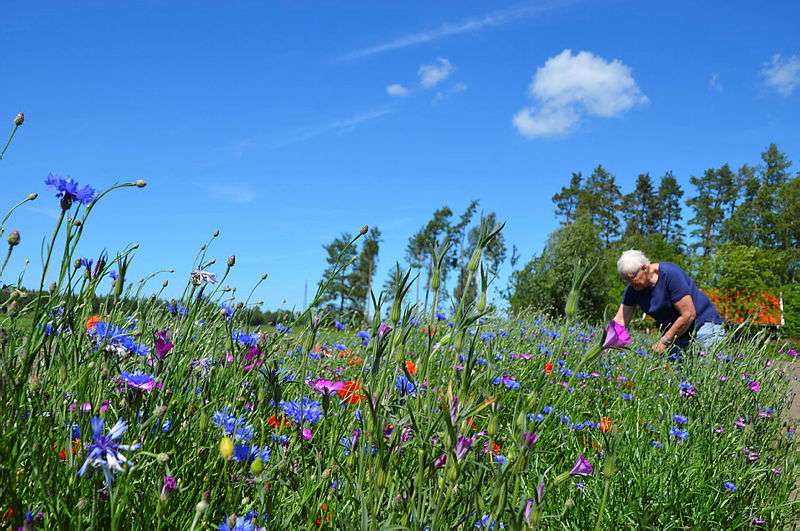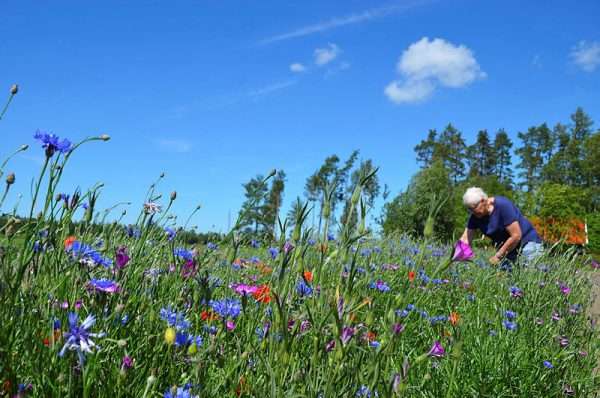
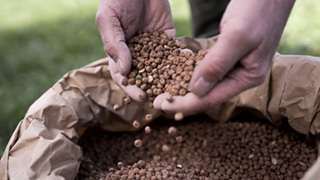
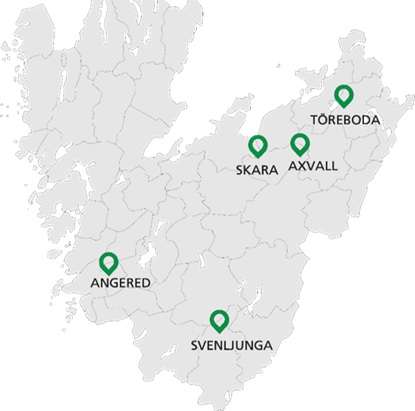
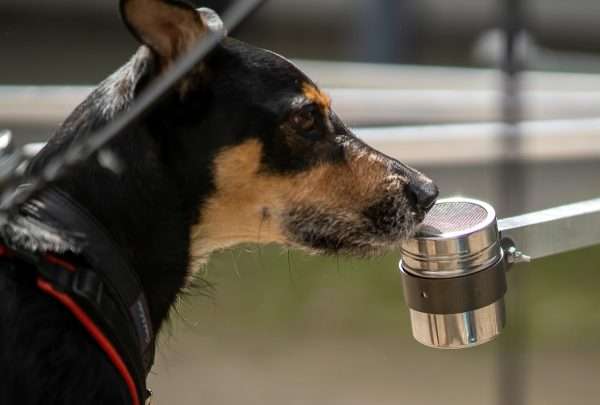
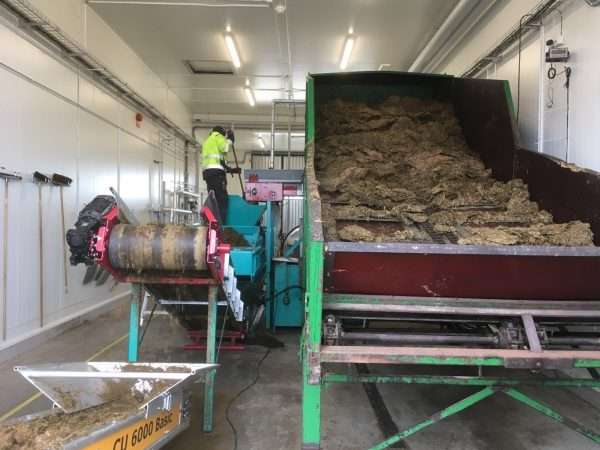
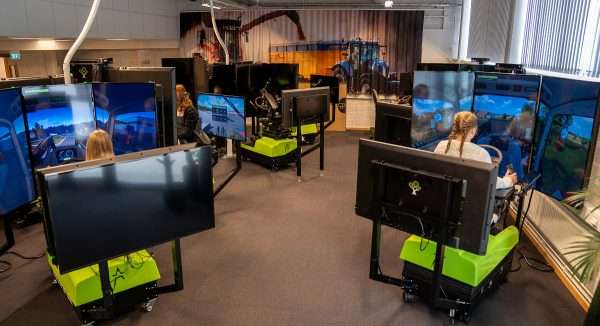 The Nature Resource Administration of the Västra Götaland Region has worked with two main mandates over a long period: education and development and innovation. The two mandates apply to the Biological Higher Vocation Education school, Axevalla Equestrian Centre , Nature Resource School Svenljunga, Nature Resource School Sötåsen, Nature Resource School Uddetorp, and Angereds Gård.
The Nature Resource Administration of the Västra Götaland Region has worked with two main mandates over a long period: education and development and innovation. The two mandates apply to the Biological Higher Vocation Education school, Axevalla Equestrian Centre , Nature Resource School Svenljunga, Nature Resource School Sötåsen, Nature Resource School Uddetorp, and Angereds Gård.
Moving towards the goal of achieving climate neutral societies is going to have a significant impact on the green sector. Currently, agriculture, forestry, and other forms of land use account for a fifth of the world’s global emissions. While agriculture is our foundation for food security, a catch-22 has long been in the making, as global warming will in turn lead to many negative consequences, among them, food insecurity. To minimize a plethora of negative developments, the Västra Götaland Region has committed to achieving the goal of climate neutrality by 2045. As this transition is lengthy, smaller goals for sustainable development have been widely embedded into policy and the potential of schools has not been left unnoticed.
The schools managed by region have been transformed into test-beds and test environments for innovation and development in the green sector, and in 2014 a centralized department was created to manage this work. Since then, around 40 projects, both local, national, and international have been developed by employees and external partners at the schools.
The development and innovation mandate has so far materialized into 7 test environments spread across the region’s schools, where researchers, businesses and other organisations are invited to submit ideas to test new innovative technologies, hypotheses, to build pilots or propose project partnerships focusing on: agriculture and horticulture, forestry and wildlife management, food, animals, renewable energy, digitalization, internationalization.
Across all the test environments the focus of the work currently lies on 5 innovation challenges and two internationalization priorities: digitalization and automatization, biodiversity, circular societies, sustainable food production, fossil free agriculture, experience and learning exchange, international cooperation.
Projects are regularly developed to tackle all these challenges and more. Within the circular society challenge the Administration currently works with local and international actors to re-purpose agricultural waste and to test new solutions for circularity. The Green Valleys project which is based around the concept of green biorefining has reached even EU decision-makers, who are considering new solutions for protein extraction. In Green Valleys fresh grass and clover or silage are pressed at the Sötåsen bioreffinery, extracting the protein, which can be used to feed monogastric animals, but plans are underway to test green protein as feed for fish, as well as transforming the press cake into fibers for the textile industry, among other concepts for potential by-products. The biorefinery also works in close connection with the school’s biogas plant, which provides the school with heat, energy, and fuel for vehicles. The upgrading of the biogas was made possible through a partnership with researchers, the ash from a nearby power-plant is used as a filter to produce biomethane. The circular society challenge for the agricultural sector is even addressed in other projects, such as BREC and Closecycle, in partnership with more than 25 actors from the Baltic Sea and North Sea Region.
The digitalization test environment has focused to a large extent in integrating simulators into teaching and course plans. The simulator projects have become so popular that they have even been integrated into internationalization activities. The work on the biodiversity challenge has gained the attention of the Regional Authority and was granted an environmental award for the efforts of the schools to work systematically with inventories of plants and insects.
When it comes to food and sustainability, in 2021 one of the Region’s school restaurants (Foderbordet at Sötåsen) won the prize for the year’s most sustainable public restaurant in Sweden. The school’s kitchen staff are a phenomenal resource in the organization, by being actively and creatively involved in innovation challenges. It would be hard not to find plenty of vegetarian options in the school cafeterias, and at the same time, the use of the native grey pea in many dishes from chocolate truffles to cracker bread. Over the years, the schools managed by VGR have exchanged food produced on their premises, primarily seasonal vegetables and meat (including game). Spelt is going to be a new crop tested at the school in 2024.
Within the internationalization priorities the schools have had hundreds of mobilities, both by travelling abroad and by welcoming teachers and students at the schools in Sweden. The Nature Resource Administration manages an accredited Erasmus+ consortium, whose activities focus on development and innovation, exchanging best practices, learning about new teaching methods all while the students get to experience practical learning through undertaking traineeships in different cultural contexts. You will find both staff and students travelling by train and bus whenever possible in the Northern part of Europe to meet high sustainability goals and being curious and ready to establish networks and partnerships for strengthening the European VET sector.
A greater ambition is to engage students more in the work on the test environments as well as working to integrate new knowledge and practices into teaching regularly to keep up with increasingly fast changing societies and complexity. The examples presented above are only a select number, with more work presently underway and much more to be developed in the future. Do you have an idea for a project? Or perhaps you wish your students to get a digital lecture/presentation of the innovation work at our schools? We would be happy to hear from you.
Read more about our test environments and projects and find our contact details here: https://www.vgregion.se/f/naturbruk/development-and-innovation-english/
Author/Pics: Adelina Stuparu, International Coordinator and Project Manager, Internationalization, Development and Innovation, Nature Resource Administration, VGR
